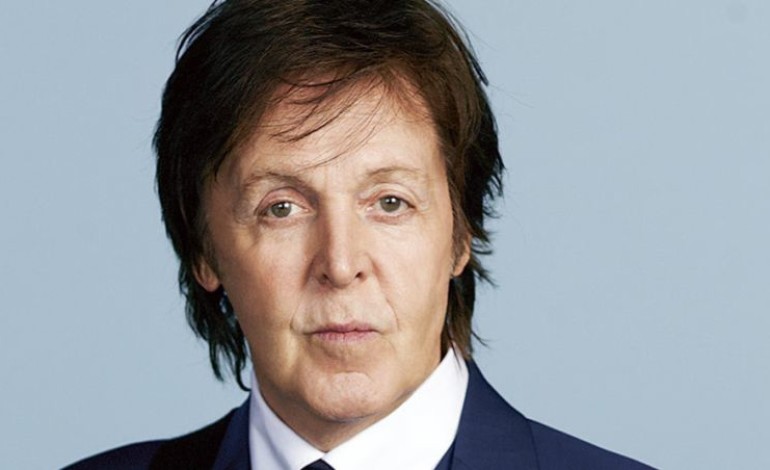
Last week, the House of Lords voted against the Government’s proposed changes to copyright rules, rejecting the plans that would have allowed Artificial Intelligence (AI) firms to use copyrighted material without permission or compensation.
These proposals would have permitted AI developers to train their models using artistic work, without the required consent from music creators. Suggested a controversial ‘rights reservation’ system, this framework would require creators to explicitly reserve their rights to prevent AI firms from using their work freely.
Drawing widespread criticism, many argued that this approach undermines the foundation of copyright law and contradicts international copyright law.
The @UKHouseofLords has voted to extend #copyright law to cover #AI training, sending a bill back to the commons to be debated again #GenAI #tech https://t.co/SOnb657R5J
— AI Media News (@AI_Media_News) January 30, 2025
Sir Paul McCartney, bass guitarist and pianist for the Beatles, has been one of the loudest voices in the fight against these proposals. Speaking to Laura Kuenssberg in a BBC interview, he shared “You get these artists coming through who write a beautiful song, and they don’t own it, they don’t have anything to do with it, and anybody can rip it off. The truth of it is that the money is going somewhere. When it makes its way onto streaming platforms, somebody is getting the money, and it should be the creator rather than some tech giant.”
Thankfully, in a vote of 145 to 126, the House of Lords passed amendments to the Data (Use and Access) Bill which reinforces copyright protections against unauthorised AI use.
Crossbench Peer Baroness Kidron, who proposed these amendments, stated, “It surely goes without saying that our United Kingdom copyright law has to counter the increasing theft of intellectual property by artificial intelligence companies.”
She went on to compare the Government’s approach to a shopkeeper being required to opt out of shoplifting and challenged the claim that AI could contribute £400 billion to the UK economy by 2030, revealing that this figure originated from an AI lobbying group funded by Google.
Paul McCartney Speaks Out on AI and Artist Rights The legendary Beatle urges the UK government to protect creators from AI misuse! McCartney warns that proposed copyright law changes could allow tech companies to exploit artists’ work without fair compensation. … pic.twitter.com/B4pMTlOSVF — TechAmerica (@techamericaofcl) January 25, 2025
McCartney, Kate Bush, and others have long campaigned for stronger AI regulations. A petition he signed last year, calling for stricter AI copyright protections, has garnered over 40,000 signatures including other artists like ABBA’s Bjorn Ulvaeus and Kate Bush.
Beyond the policy, McCartney warns of AI’s broader impact on artistic expression, stating “If they take the incentive away by not protecting copyrights, I think you’d see a loss of creativity. That’s a great pity because it brings so much joy to the world.”
This issue extends beyond copyright – it’s about the future of music and culture. The UK’s creative sector generates £125 billion annually, which fuels the UK’s soft power and is essential to the nation’s global influence, with these new amendments highlighting the Government’s commitment to protecting the creative industries and putting artists first.
This debate brings to light a broader struggle between technological developments and the rights of human creators. While AI presents opportunities for innovation, it must not come at the cost of artistic integrity. Moving forward, a balanced approach – one that fosters AI development while ensuring creators are properly recognised and rewarded – will be crucial in preserving the nation’s culture.
